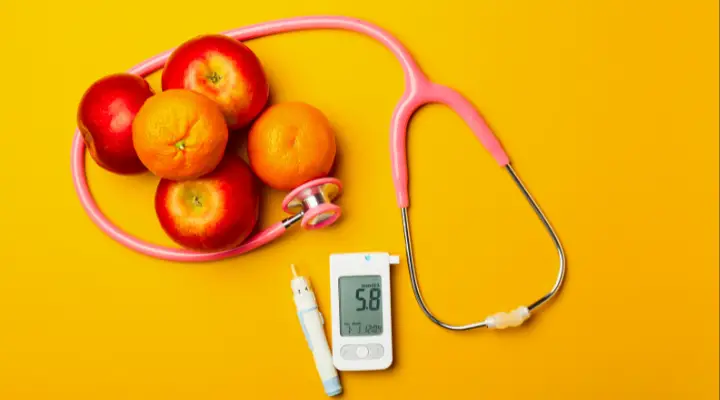Diabetes is a growing concern worldwide, and understanding its early warning signs can help prevent serious complications. Often, people overlook subtle indicators, mistaking them for everyday health issues. By identifying these signs early, you can take steps toward proper diagnosis and treatment, potentially avoiding long-term consequences. Here are 10 early warning signs of diabetes that you might not know but should!
1. Increased Thirst and Frequent Urination
One of the most common early symptoms of diabetes is an unquenchable thirst, medically known as polydipsia. This often goes hand-in-hand with frequent urination (polyuria). When you have excess glucose in your bloodstream, your kidneys work overtime to filter and absorb the sugar. If they can’t keep up, that extra glucose is excreted into your urine, pulling fluids from your tissues. This process leads to dehydration, leaving you thirsty and prompting you to drink more.
2. Unexplained Weight Loss
Sudden, unintentional weight loss can be a sign of diabetes, especially Type 1 Diabetes. Despite eating normally, or even more than usual, your body may lose weight because it isn’t able to properly use glucose for energy. Instead, it begins to break down muscle and fat to compensate. This process results in significant weight loss, which can occur rapidly.







